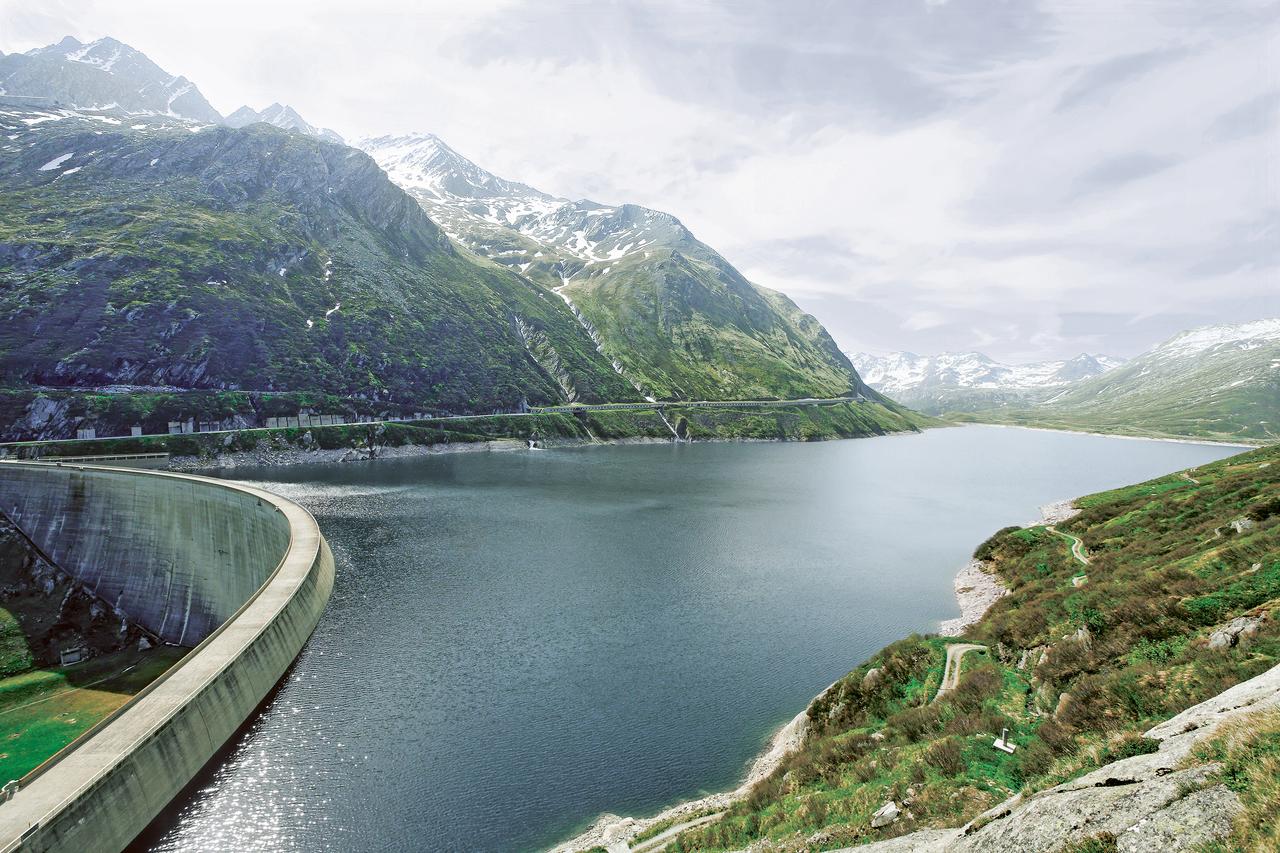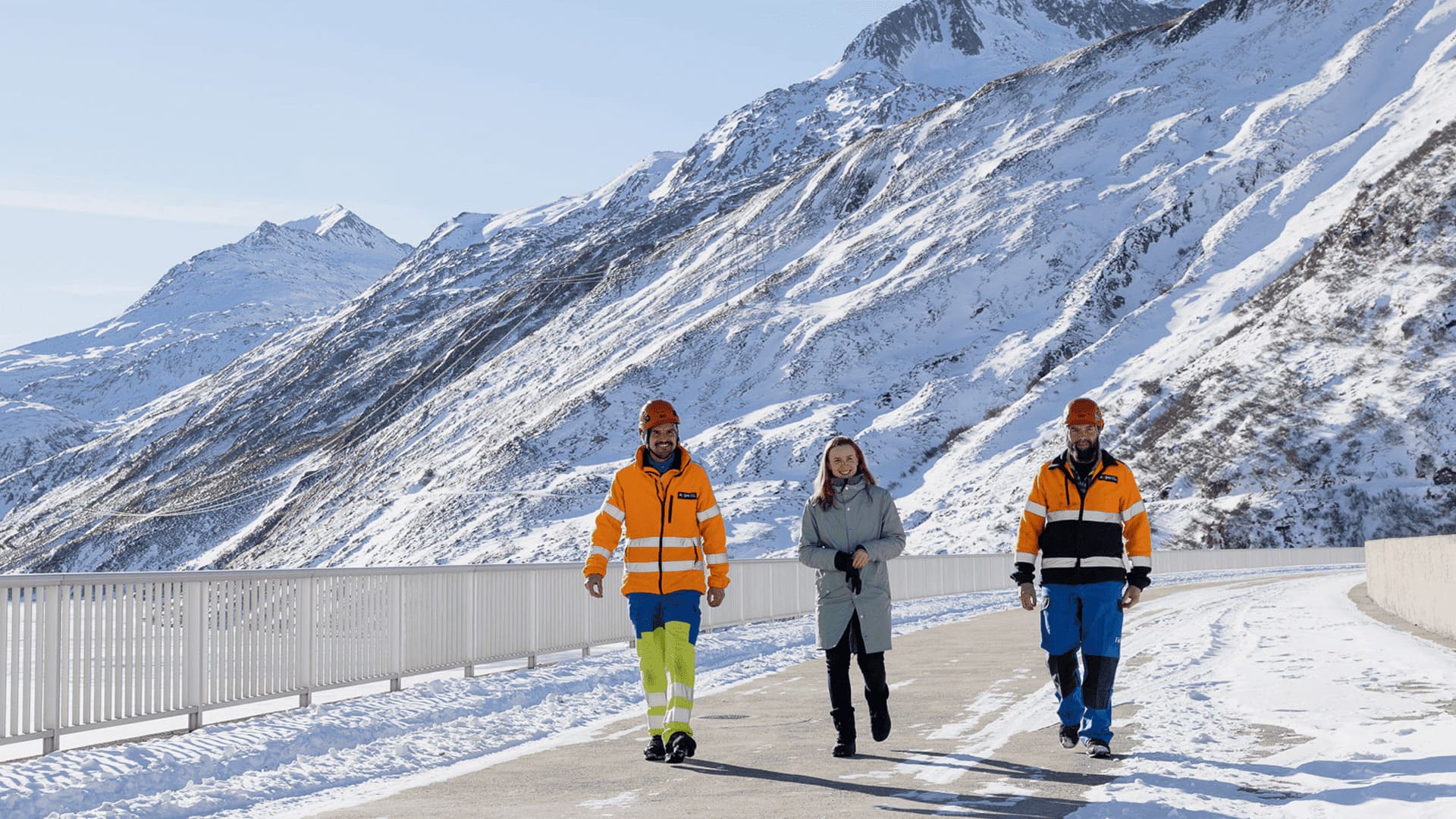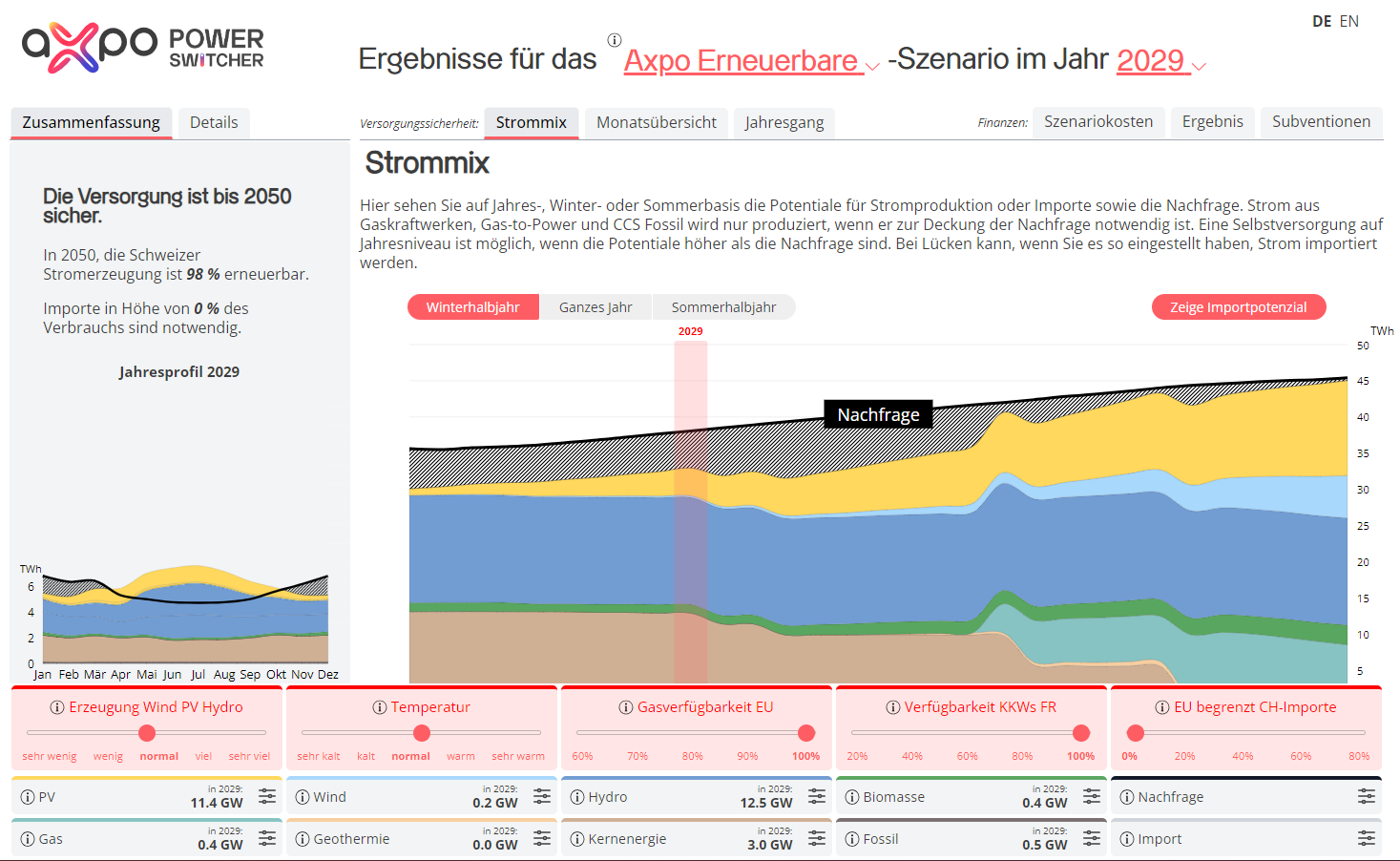03.09.2021 | Decision of the advisory committee of the Council of States (UREK)
Fixed water usage levy no longer fit for purpose
As the backbone of Switzerland's electricity supply, hydropower must expand to help the energy transition and ensure security of supply. But Europe’s highest levies place a heavy burden on returns and limit investment. Now the Energy Commission of the Council of States wants to cement these rigid levies until 2030.
In addition to the expansion of renewables such as photovoltaics, hydropower is playing a key role in the energy transition. Today, it is responsible for almost 60 percent of electricity generation. According to the Federal Council, the backbone of Swiss electricity production is set to be expanded even further. However, the harsh reality is that extraordinarily high taxes and levies, constantly tightening ecological requirements, and uncertainty about the future regulatory and economic framework mean necessary investments are not being made. With the amount of electricity produced from hydropower in Switzerland already declining, not only its expansion but even the preservation of its substance is at risk.
Rigid cost block in a volatile, open market
The water usage levy is particularly damaging. This fixed charge is no longer appropriate and has become increasingly difficult to bear for producers who cannot sell their electricity in the universal service. The levy has been increased several times in the past, with international comparisons revealing that nowhere else in Europe is the financial burden on hydropower of public charges independent of profit as high as in Switzerland. Calculations by the Swiss Water Management Association (German link) confirm this. At around 1.6 centimes per kWh, or about 25 per cent of total production costs, the currently applicable water rates regime is a significant cost factor for Swiss hydropower. Every year, the industry pays around 550 million Swiss francs in fixed costs, regardless of production and electricity price trends.
Compensation for the use of hydropower as a resource is not in dispute. But the water rate is a high and inflexible levy that has become incompatible with an open market’s volatile prices and fluctuating revenues. During prolonged periods of low prices, revenues no longer cover costs, resulting in losses. The water rate thus represents a substantial competitive disadvantage for Swiss hydropower on the European electricity market.
Flexibility is needed
The right of the mountain cantons and communities to participate in the proceeds of Swiss electricity production through water rates is undisputed. Nevertheless, today's decision by the Energy Commission of the Council of States (UREK), which is responsible for the matter, goes in the wrong direction.
The water tariff must now finally be made more flexible within the framework of a revision of the Water Act.
A model is needed in which the amount of the levy varies depending on the development of electricity prices. Part of the levy remains fixed and guarantees planning security for the community, while it can also benefit from higher market revenues. Overall, this strengthens the competitiveness of hydropower so that it can continue to make its contribution to the implementation of the energy transition and to Switzerland's secure supply in the future. The Council of States must therefore correct this decision of its advisory committee in the autumn session!




.jpg)





